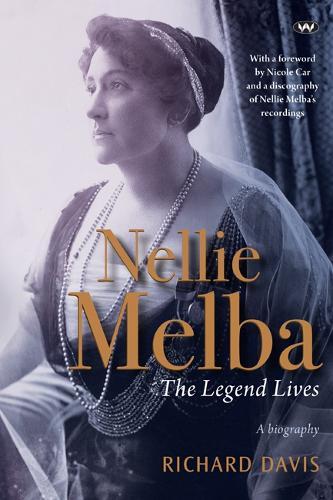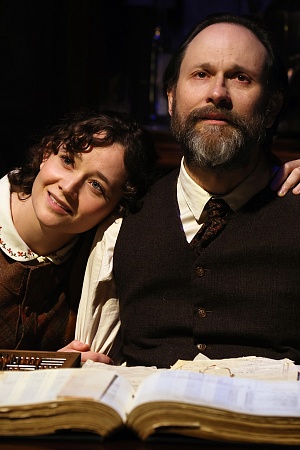Stephen Berkoff’s ‘East’
Stephen Berkoff has always been the bad boy of British theatre. At East’s London première in 1975, the critics howled. Berkoff’s first play was filthy, with explicit references to sex and violence. Yes, the 1950s had spawned Kitchen Sink Drama, exposing the lives of the lower classes to a predominantly middle-class British stage. But Berkoff’s characters weren’t just battling East Enders. They were angry. They blamed the system. They were articulate.
The play was an immediate succès de scandale, sold out within days, and catapulted Berkoff into celebrity status. Set in the early 1960s, East is written in cod blank verse with the characters addressing themselves as ‘thee’ and ‘thou’, interspersed with liberal doses of Cockney rhyming slang. Berkoff, an East Ender himself, immediately sets out to show that those born within the sound of Bow Bells have a right to be heard on the same terms as their so-called ‘betters’. Not only are they equally intelligent, but they are imbued with an energy and zest for life unheard of in the colourless suburbs.
Continue reading for only $10 per month. Subscribe and gain full access to Australian Book Review. Already a subscriber? Sign in. If you need assistance, feel free to contact us.










Leave a comment
If you are an ABR subscriber, you will need to sign in to post a comment.
If you have forgotten your sign in details, or if you receive an error message when trying to submit your comment, please email your comment (and the name of the article to which it relates) to ABR Comments. We will review your comment and, subject to approval, we will post it under your name.
Please note that all comments must be approved by ABR and comply with our Terms & Conditions.